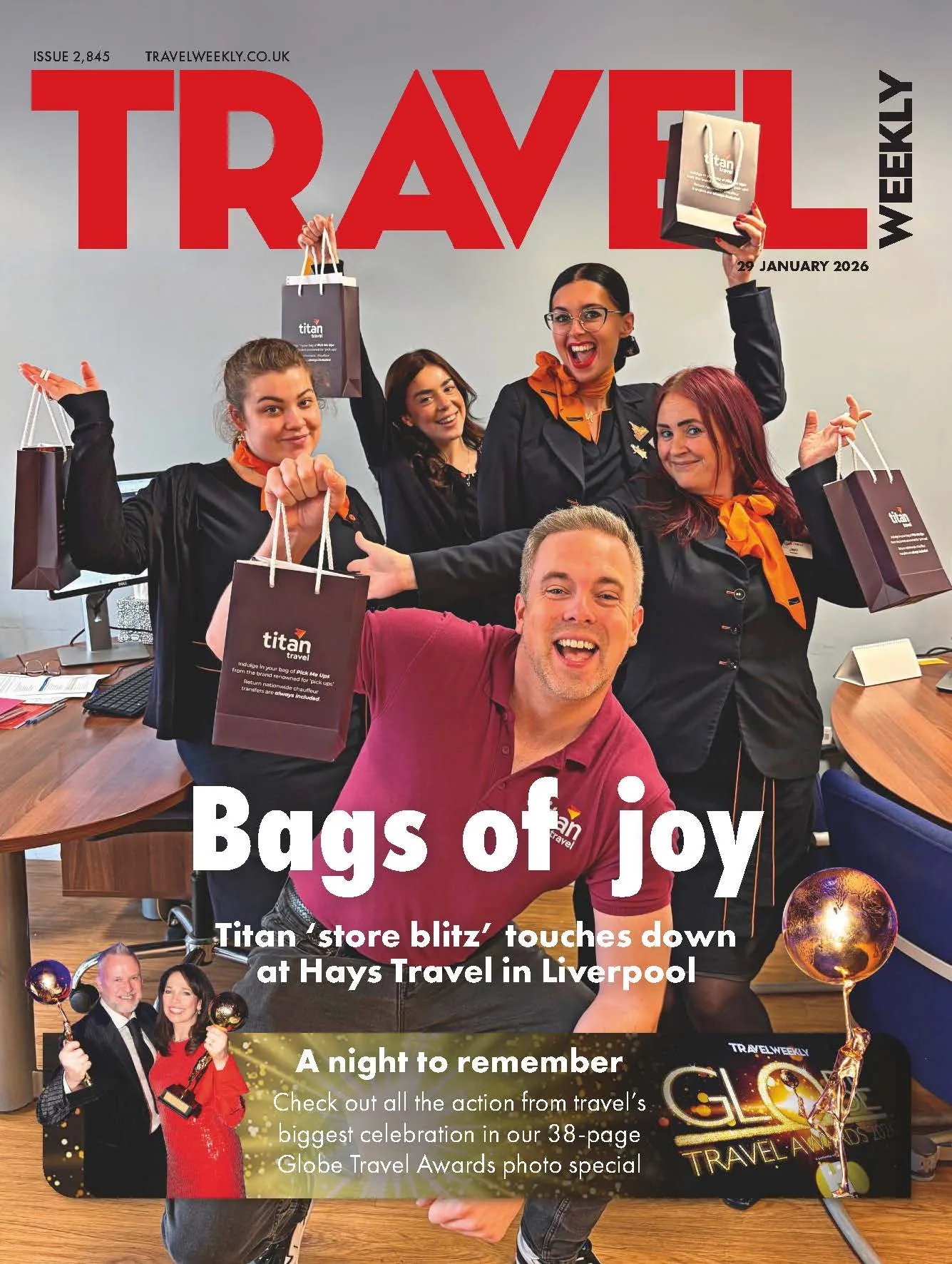You are viewing 1 of your 2 free articles
Agents offering ‘human touch’ will ‘thrive’ amid AI travel boom
Market research company Euromonitor International is predicting a “massive increase” in travellers using artificial intelligence to plan their itineraries.
However, it says travel agencies that “celebrate the human touch of travel and hospitality will thrive” despite the disruption.
Caroline Bremner, head of travel and tourism research at Euromonitor International, said the boom in AI tools such as ChatGPT for planning travel is largely thanks to the technology’s convenience and 24/7 accessibility.
More: Booking.com adds AI Trip Planner for users in US
Interview: Travel Convention to consider ‘transformative technology’
Comment: There is more than one way to view the rise of the machines
Furthermore, 97.8% of travel executives in the Euromonitor International’s Voice of the Industry: Travel Survey said that AI would have an impact over the next five years.
Bremner said: “ChatGPT is taking travel and the world by storm.
“With travel highly digitalised – where 66% of all bookings are conducted online in 2023 and mobile accounts for 35% of all online sales – disruption from generative AI is already rife.”
Euromonitor International’s report on Revolutionising Travel with ChatGPT and Generative AI highlights how the travel industry is already adapting.
Expedia announced in April its collaboration with OpenAI, offering in-app trip planning powered by ChatGPT for iOS, as well as offering a plug-in to ChatGPT Plus users.
The Expedia ChatGPT experience provides personalised recommendations, acting like a virtual travel assistant, delivering relevant results for hotels and what to do in destination.
Booking Holding’s Kayak and OpenTable also announced ChatGPT plug-ins, and other travel brands such as TripAdvisor, GetYourGuide and Klook followed suit.
Trip.com integrated ChatGPT into TripGen, its new AI chatbot that provides real-time assistance, itinerary planning and booking tips in the pre-trip stage.
Hotels and airlines are turning to generative AI for customer service, while automating menial tasks.
Bremner said: “The path of AI adoption will not run entirely smoothly as there are major concerns over consumer privacy with countries like Italy temporarily banning ChatGPT.
“There are also concerns over large language models being reliant on out-of-date internet knowledge, with a lag of two years in the case of ChatGPT with no access to current events or real-time information.
“However, access to real time data has been enabled thanks to a new plug-in with Microsoft Bing.
“The risks of amplifying misinformation, bias and inequality are all too real. Safety and security of consumers must be of paramount importance.
“Tech leaders like Elon Musk recently demanded a pause on AI development to avoid risks to humanity including possible extinction from superintelligence, stating that the AI race was out of control and time was needed to enable government policy to play catch up.”
Commenting on the impact on travel agencies, she added: “The sector is ripe for more disruption as generative AI accelerates automation of tasks across every stage of the customer journey, before, during and after the trip.
“With Microsoft planning to integrate generative AI into its Microsoft 365 Copilot software, it will become ever more prevalent in consumers’ daily lives and work whether we like it or not.
“As before, travel brands will take the rough with the smooth to navigate this new phase of digital transformation with a test and learn approach. However, only those that ultimately celebrate the human touch of travel and hospitality will thrive.”
Photograph editorial credit: Iryna Imago/Shutterstock.com


















